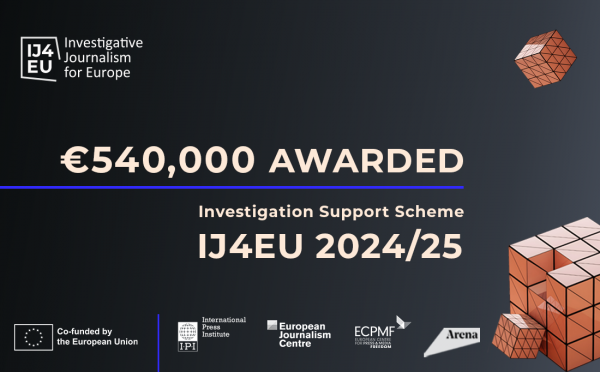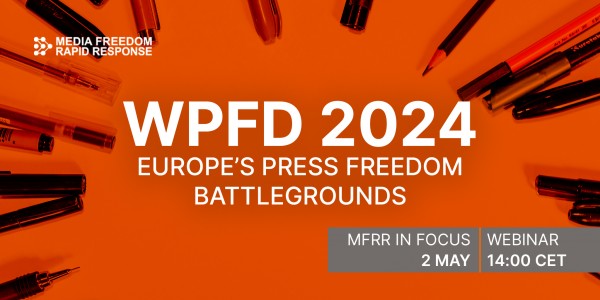As the world pays tribute to women on International Women’s Day this Saturday, I spoke with the rock star of South African journalism – Ferial Haffajee. Editor-in-chief of City Press newspaper, Haffajee was previously editor of the Mail & Guardian newspaper. A member of IPI’s executive board and co-host of the IPI World Congress planned for April 12-15 in Cape Town, Haffajee was the first woman of colour to serve as editor of a major newspaper in South Africa.
ABM: Do you think that there has been improvement in South Africa, and globally, for the involvement of women in the media?
FH: South Africa has a Constitution which guarantees equality and there are attendant laws that encourage companies to meet the value of equal rights. So, we have a good resource to draw upon. In the noughties, female editors were so few and far between to be remarkable. Today, I am happy to say, that’s no longer so. Women hold strategic editorial positions across all platforms including broadcasting, print and online.
But a study out last year by a Print Media and Diversity task team (an industry initiative) revealed how far we have to go to reach progressive goals. It set women’s empowerment as a key benchmark for the print and digital industries. I have no doubt broadcasting has similar challenges.
ABM: Are there still challenges, and if so, what are they? Are there specific challenges for female African journalists?
FH: In South Africa, these challenges relate to flexible working hours (journalism is not sociable and its culture militates against working mothers, studies have found); flexible work from home arrangements; a culture of networking at the bar or on the golf course; a macho newsroom culture. In other words, we have the same challenges as women journalists the world over.
For the rest of Africa, in my work, I’ve come across issues including: a casting-couch approach to newsroom hires; patriarchal practices (especially in state-owned media); and low pay. All these can force women journalists out of the profession.
ABM: Why is it important to include the voices of women in media coverage?
FH: The media is a mirror. To not include an equal number of women’s voices as specialists, subjects, opinion-shapers and leaders is to hold up a fractured mirror to our societies. There is improvement, but it’s not nearly enough.
ABM: If you could provide one piece of advice for young women around the world aspiring to be journalists today, what would it be?
FH: Be curious. Know you are an equal. Learn all you can.
Alison Bethel McKenzie is executive director of IPI. To read the handiwork of Ms. Haffajee, visit the City Press website at citypress.co.za.To learn more about the IPI World Congress in Cape Town this April, go to www.ipiworldcongress.com


